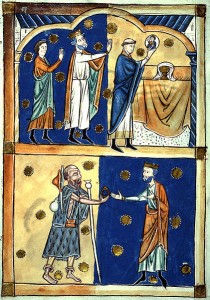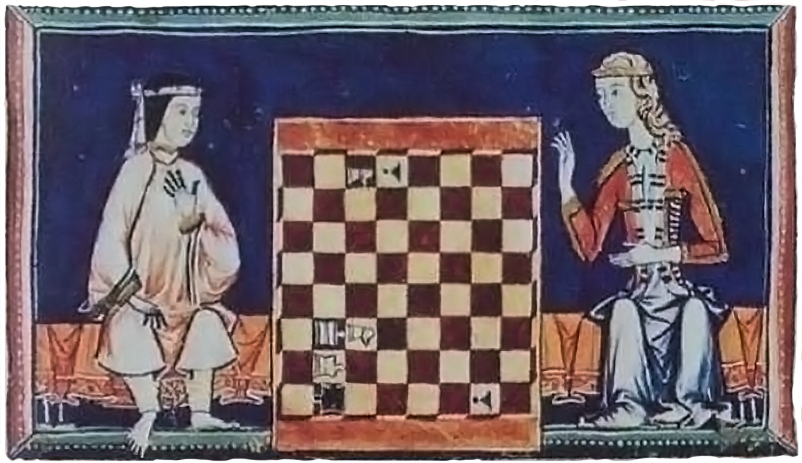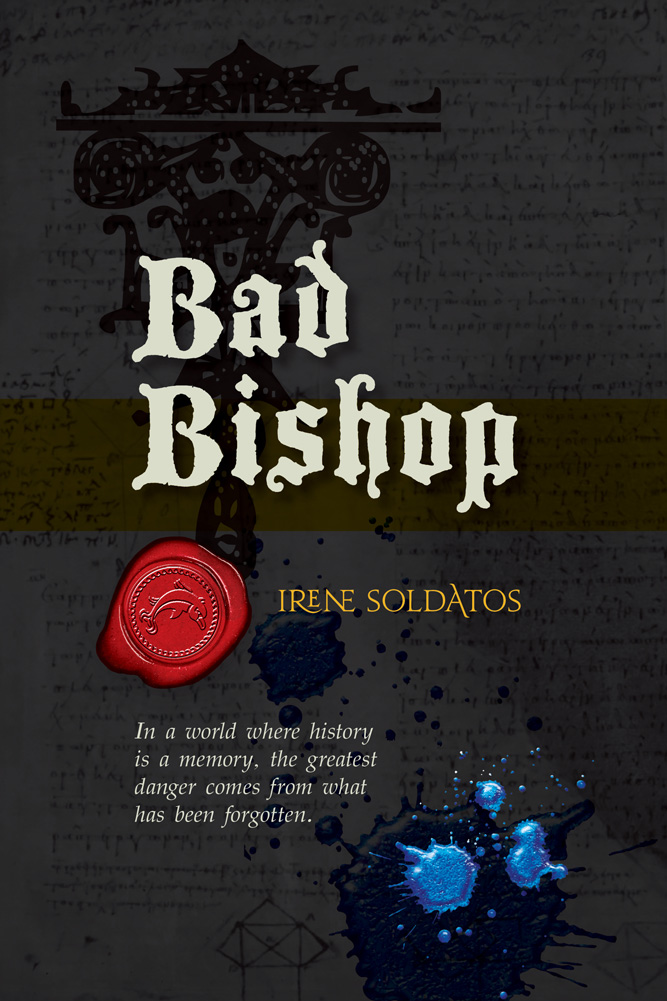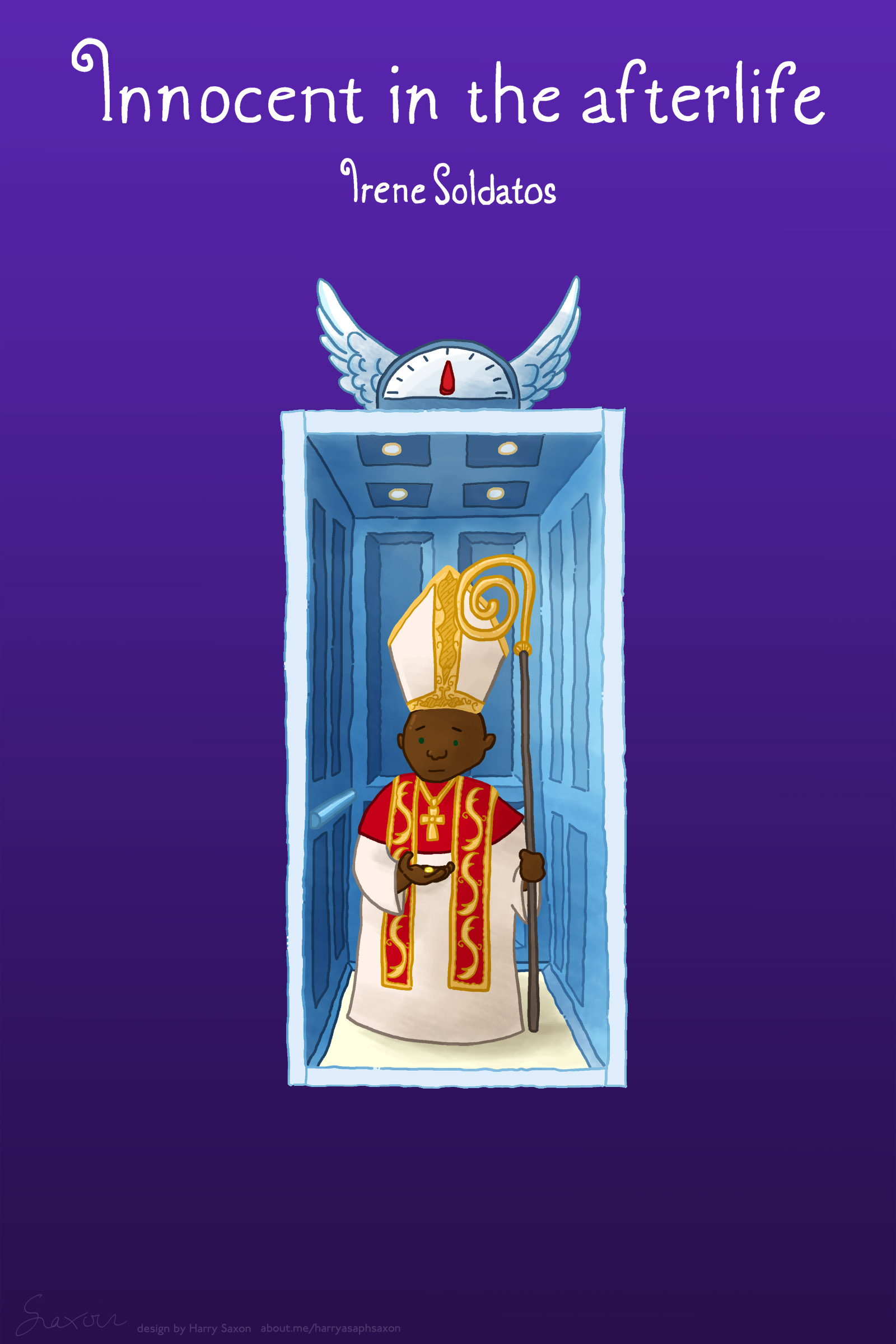
Page from a 13th century Abbreviatio (abridgement) of Domesday Book. Above King Edward the Confessor and Earl Leofric of Mercia see the face of Christ appear in the Eucharist wafer and below the return of a ring given to a beggar who was John the Baptist in disguise.
Still in the 6th century, and still with Gregory of Tours. He describes several miracles. Most have to do with recovering from illnesses. Generally speaking, when they got very ill, people expected they were going to die. And seeing as they didn’t understand how diseases worked and doctors, by this time in the West, were tending towards extinction, practically every recovery was considered miraculous. There are some other kinds of miracles too, several that are particularly amusing, and all of the variety to which we, with our 21st century minds, would say: “Hmm… Yeeess… Of course that’s what happened.”
Observance of the Lord’s Day
Book in Honour of the Martyrs: Chap. 15
In the territory of this city [Tours] at Lingeais, a woman who lived there moistened flour on the Lord’s day and shaped a loaf, and drawing the coals aside she covered it over with hot ashes to bake. When she did this her right hand was miraculously set on fire and began to burn. She screamed and wept and hastened to the village church in which relics of the blessed John are kept. And she prayed and made a vow that on this day sacred to the divine name she would do no work, but only pray. The next night she made a candle as tall as herself. Then she spent the whole night in prayer, holding the candle in her hand all the time and the flame went out and she returned home safe and sound.
Comparative “Merit” of Gregory and his Mother
Book in Honour of the Martyrs: Chap 85
. . . On this matter I recall what I heard told in my youth. It was the day of the suffering of the great martyr Polycarp, and his festival was being observed at Riom, a village of Auvergne. The reading of the martyrdom had been finished and the other readings which the priestly canon requires, and the time came for offering the sacrifice. The deacon, having received the tower1 in which the mystery of the Lord’s body was contained, started with it to the door, and when he entered the church to place it on the altar it slipped from his hand and floated along in the air and thus came to the altar, and the deacon was never able to lay hands on it; and I believe this happened for no other reason than that he was defiled in his conscience. For it was often told that he had committed adultery. It was granted only to one priest and three women, of whom my mother was one, to see this; the rest did not see it. I was present, I confess, at this festival at the time, but I had not the merit to see this miracle.
Miracles in Gregory’s Family
Miracles of St. Julian: Chap 23, 24
It happened once when he was trudging along on this journey, that he took his shoes off on account of the heat, and as he walked in his bare feet he stepped on a sharp thorn. This by chance had been cut, but was still lying on the ground and was concealed point upward in the green grass. It entered his foot and went clear through and then broke off and could not be drawn out. The blood ran in streams and as he could not walk he begged the blessed martyr’s aid and after the pain had grown a little less he went on his way limping. But the third night the wound began to gather and there was great pain. Then he turned to the source from which he had already obtained help and threw himself down before the glorious tomb; when the watch was finished he returned to bed and was overcome by sleep while awaiting the miraculous help of the martyr. On arising later he felt no pain and examining his foot he could not see the thorn which had entered it; and he perceived it had been drawn from his foot. He looked carefully for it and found it in his bed and saw with wonder how it had come out. When bishop he used to exhibit the place, where a great hollow was still to be seen, and to testify that this had been a miracle of the blessed martyr.
Miracles Worked on Gregory
The Four Books of the Miracles of St. Martin: Book 2; Chap 1
In the second month after my ordination, when I was at a country place, I suffered from dysentery and high fever and began to be so ill that I altogether despaired of living. Everything that I could eat was always vomited before it had been digested and I loathed food, and when my stomach had no more strength as a result of no food the fever was the only thing that gave me strength; I could in no way take anything substantial and strengthening. I had severe pain, too, that darted all through my stomach and went down into my bowels, exhausting me by its pain no less than the fever had done. And when I was in such a condition that no hope of life was left and everything was being made ready for my death and the physician’s medicine could do nothing for one whom death had laid claim to, I was in despair and called the chief physician Armentarius and said to him: “You have used every trick your profession, you have tried the power of all your remedies, but secular means are of no avail to the perishing. There is only one thing left for me to do. I will show you a great remedy: Let them bring dust from the holy master’s tomb and make a potion for me from it. And if this does not cure me, every means of escape is lost.” Then the deacon was sent to the tomb of the holy bishop just mentioned and he brought the sacred dust and put it in water and gave me a drink of it. When I had drunk soon all pain was gone and I received health from the tomb. And the benefit was so immediate that although this happened in the third hour, I became quite well and went to dinner that very day at the sixth hour.2
The Four Books of the Miracles of St. Martin: Book 3; Chap 1
I shall place first in this book a miracle that I experienced recently. We were sitting at dinner after a fast and eating, when a fish was served. The sign of the cross of the Lord was made over it, but as we ate, a bone from this very fish stuck in my throat most painfully. It caused me great distress, for the point was fastened in my throat and its length blocked the passage. It prevented my speaking and kept the saliva which comes frequently from the palate, from passing. On the third day, when I could get rid of it neither by coughing or hawking, I resorted to my usual resource. I went to the tomb and prostrated myself on the pavement and wept abundantly and groaned and begged the confessor’s aid. Then I rose and touched the full length of my throat and all my head with the curtain. I was immediately cured and before leaving the holy threshold I was rid of all uneasiness. What became of the unlucky bone I do not know. I did not cough it up nor feel it go down into my stomach. One thing only I know, that I so quickly perceived that I was cured that I thought that some one had put in his hand and pulled out the bone that hurt my throat.
The Four Books of the Miracles of St. Martin: Book 4; Chap 2
At one time my tongue became uncomfortably swelled up, so that when I wished to speak it usually made me stutter, which was somewhat unseemly. I went to the saint’s tomb and drew my awkward tongue along the wooden lattice. The swelling went own at once and I became well. It was a serious swelling and filled the cavity where the palate is. Then three days later my lip began to have a painful beating in it. I went again to the tomb to get help and when I had touched my lip to the hanging curtain the pulsation stopped at once. And I suppose this came from a over abundance of blood; still trusting to the saint’s power I did not try to lessen the [amount of] blood and this matter caused me no further trouble.
A Phantom Attacks a Woman
The Four Books of the Miracles of St. Martin: Book 3; Chap 37
At this time when a certain woman remained alone at the loom when the others had gone, a most frightful phantom appeared as she sat, and laid hold of the woman and began to drag her off. She screamed and wept since she saw there was no one to help, but still tried to make a courageous resistance. After two or three hours the other women returned and found her lying on the ground half dead and unable to speak. Still she made signs with her hand, but they did not understand and she continued speechless. The phantom which had appeared to her attacked so many persons in that house that they left it and went elsewhere. In two or three months’ time the woman came to the church and had the merit to recover her speech. And so she told with her own lips what she endured.
[And probably the best of the lot:]
A Fly Might Be A Demon
Book in Honour of the Martyrs: Chap 103
Pannichius, a priest of Poitou, when sitting at dinner with some friends he had invited, asked for a drink. When it was served a very troublesome fly kept flying about the cup and trying to soil it. The priest waved it off with his hand a number of times but it would go off a little and then try to get back, and he perceived that it was a crafty device of the enemy.3 He changed the cup to his left hand and made a cross with his right; then he divided the liquor in the cup into four parts and lifted it up high and poured it on the ground. For it was very plain that it was a device of the enemy.4
1 A vessel shaped like a tower which contained the host.
2 Noon.
3 The devil.
4 All from Gregory of Tours, History of the Franks, trans. Ernest Brehaut (extended selections), Records of Civilization 2, (New York: Columbia University Press, 1916) on the Internet Medieval Sourcebook.



